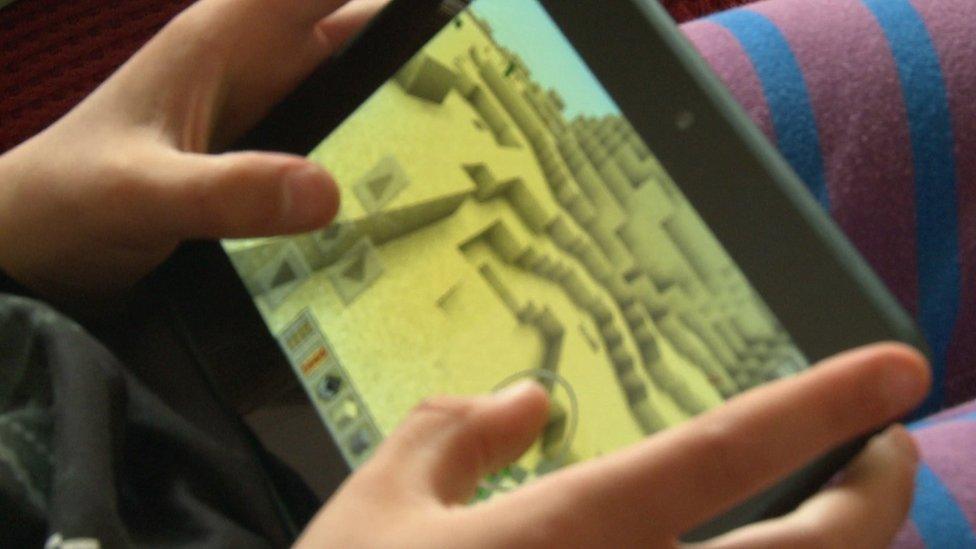What is neurodiversity, how do we celebrate it, and what does neurodivergent mean?
- Published
- comments
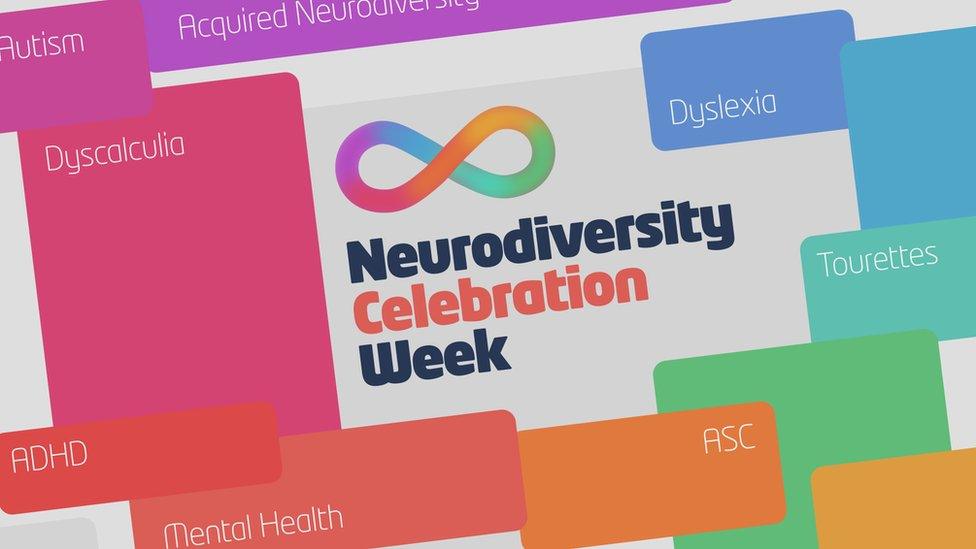
Neurodiversity Celebration Week kicks off from 18 - 24 March, and we've been finding out more about what it means to have a neurodifference.
Neurodiversity is a word used to describe the different thinking styles that affect how people communicate with the world around them.
It is an umbrella term - a word that sums up lots of different things. It includes autism, ADHD, dyslexia, dyspraxia, dyscalculia and Tourette's.
Three of our press packers, Riley, Mateo and Lucy-Lu, spoke to Newsround about their experience of being neurodivergent.
Press Pack: 'Let us tell you about neurodiversity'
What does neurodivergent mean?
The word comes from two parts - neurological and divergent.
Neurological is a term for things to do with our brain, and divergent is about moving away from a set path.
It is a term used for lots of different people who have different thinking or communicating styles.
These include lots of different things, including autism and ADHD, which impact how people communicate with others and the world around them.
There's also dyslexia, which affects how people read and spell, or dyspraxia, which impacts your movement and co-ordination.
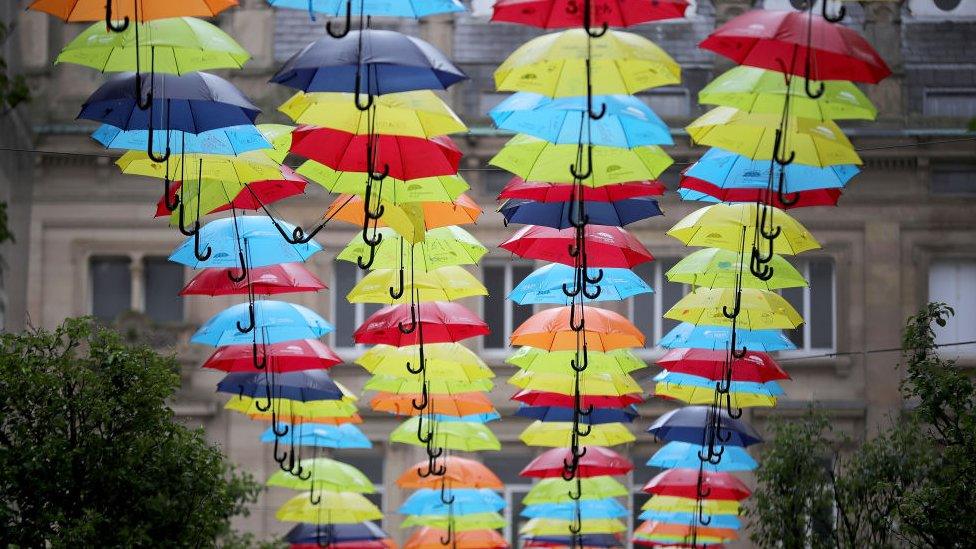
You might have seen these umbrellas around the UK - they were put up by the ADHD foundation to celebrate neurodiversity
Neurodivergent can refer to a number of different things.
Some people might like to refer to specific conditions instead. However, there can also be some crossover with different neuro-differences, such as autism and ADHD.
Around 15-20% of all the people living in the world are thought to have a neuro-difference. No two people will be affected in the same way.
There are lots of famous people who have neuro-differences, including Lewis Capaldi, who has been raising awareness about his experience with Tourette's.
In 2022, a group of autistic young people sent a letter to the government, asking it to make schools more inclusive for pupils with neuro-differences. They wanted this to include policies around behaviour and uniform.
Going to school
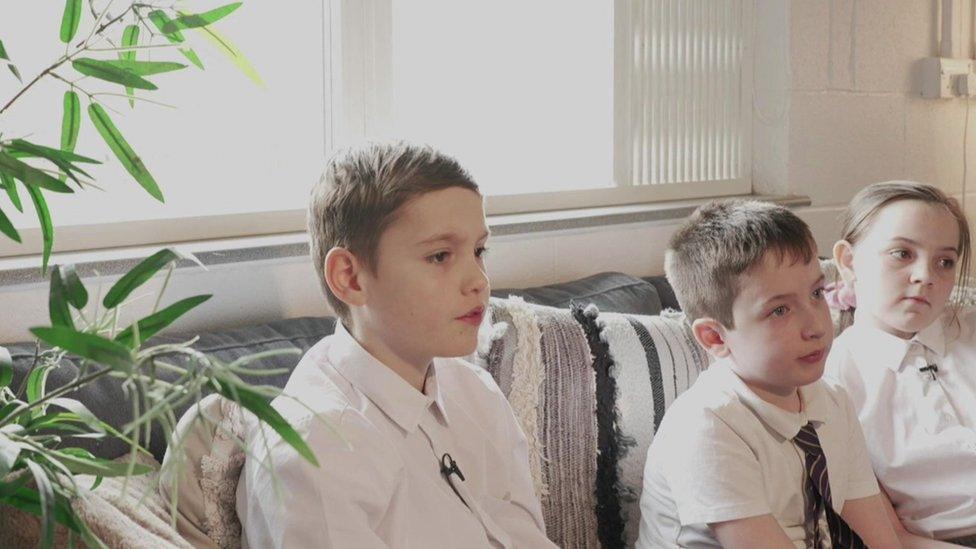
Riley, Mateo and Lucy-Lu all have different experiences with neurodiversity
Mateo, Riley and Lucy-Lu all go to the same school, and they are all neurodivergent.
Mateo is autistic, and says he struggles with certain foods. He wears ear protectors when things are noisy. Lucy-Lu has ADHD and dyslexia, and says she finds it hard to focus in school, and will often fidget. She also uses ear protectors sometimes.
Riley has ADHD, and says he finds it tricky when he can't deal with his emotions if something he does not like happens.
Luckily in their school, they have lots of different things to help them throughout the day, including stand-up desks, sensory walls and activities, and places to go if they feel overwhelmed.
However, not everyone has access to the same support.
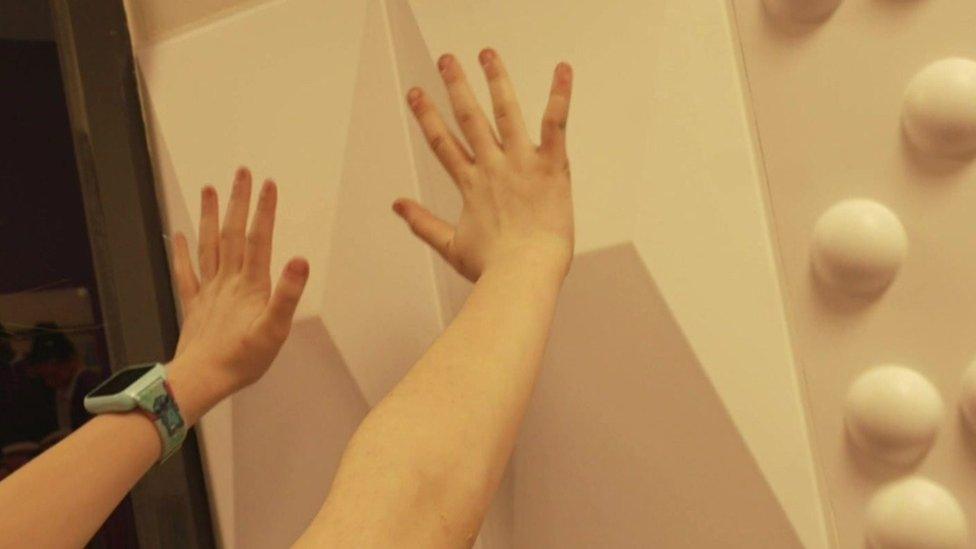
Lucy-Lu says she likes to use the sensory wall to keep calm
1. Never tease or make fun of someone for being different or finding something difficult.
2. Be kind, encouraging and understanding.
3. Remember that you have the power to make a BIG difference to someone who could be having a difficult time.
What is Neurodiversity Celebration Week?
From the 18 - 24 March, people all over the UK are encouraged to think about and celebrate neurodiversity, as well as challenge stereotypes people might have about it.
More than 2,500 schools have signed up to take part, to celebrate different minds and raise awareness about what it means to be neurodivergent.
If you have a condition like autism, ADHD, dyslexia or many others under the neurodivergence umbrella, you can get support in school, from family and friends and if you need it, from the NHS.
Remember you can always talk to someone you trust about how you are feeling. If you're not sure who you would like to talk to, ring Childline on 0800 1111 who will be able to help you with how you are feeling.
- Published1 July 2019
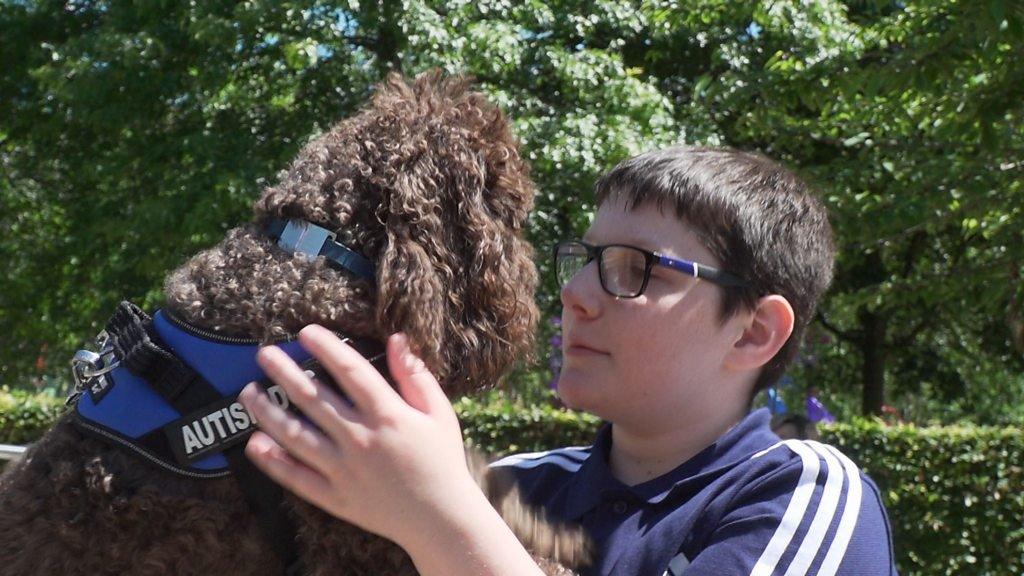
- Published17 November 2022
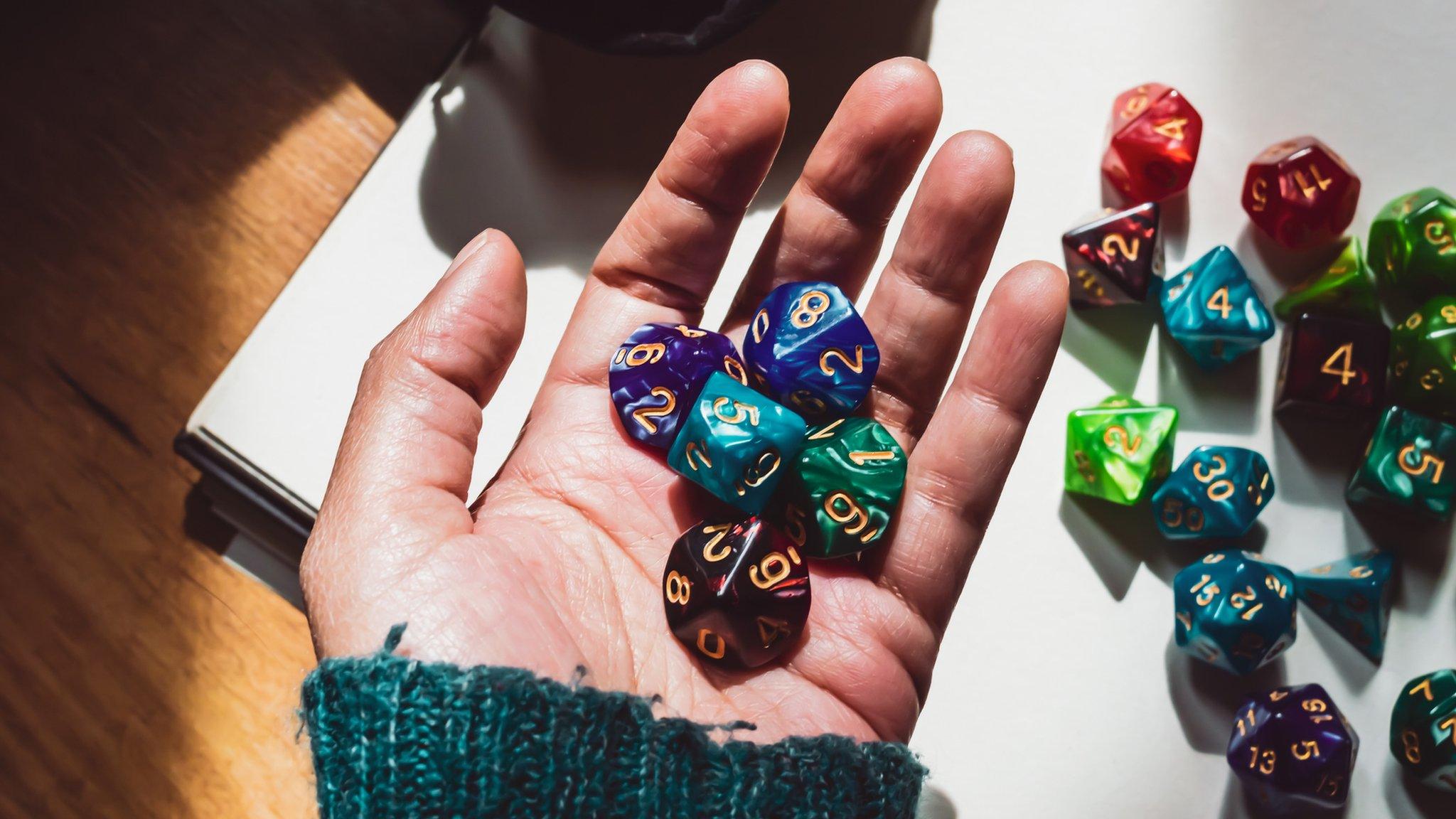
- Published14 August 2015
